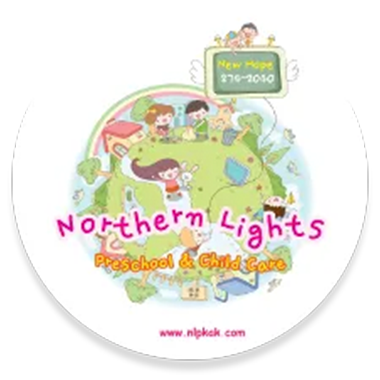
The Role of Preschool in Nurturing Emotional Intelligence
Posted on March 24, 2025
by
nlpkak
Preschool is not just a place for learning letters and numbers—it’s also where children begin developing one of the most important life skills: emotional intelligence. Often referred to as EQ, emotional intelligence includes the ability to recognize, understand, express, and manage emotions, as well as the ability to empathize with others.
By supporting the development of EQ in the early years, preschool helps lay the foundation for healthy relationships, effective communication, and overall well-being.
Social Interaction and Empathy
In a preschool environment, children engage in daily social interactions through play, group activities, and classroom routines. These moments give children the chance to practice sharing, listening, taking turns, and noticing how their actions affect others.
With teacher guidance, children begin to recognize emotions in themselves and their peers, which helps develop empathy and the ability to respond with kindness and care.
Learning to Express and Manage Emotions
Preschool provides a safe space for children to experience big feelings—and learn what to do with them. Teachers model and teach strategies for calming down, using words to express needs, and solving conflicts peacefully.
Children are encouraged to identify their emotions (“I’m feeling mad” or “I’m excited”) and learn how to handle them in healthy ways. These skills become essential tools for navigating relationships and challenges throughout life.
Confidence and a Sense of Belonging
Through positive reinforcement and meaningful relationships with teachers and classmates, children in preschool build self-confidence and feel a sense of belonging. When children are supported emotionally, they’re more likely to take healthy risks, try new things, and develop a positive self-image.
These small moments of success and encouragement help children feel valued, capable, and ready to engage with the world around them.
Long-Term Benefits of Emotional Intelligence
Emotional intelligence is strongly linked to academic success, strong friendships, and emotional resilience. Children with well-developed EQ are often better at managing stress, focusing on tasks, and working cooperatively—all important skills for school and beyond.
By learning how to navigate their feelings and relationships early on, children are better prepared to handle future challenges with confidence and maturity.
Reinforcing Emotional Learning at Home
Parents play an important role in extending emotional learning beyond the classroom. Simple things like naming emotions, talking about feelings, and creating routines that promote security can all help strengthen a child’s emotional awareness.
Unstructured play at home also gives children a chance to process emotions, explore their imagination, and practice social skills in creative ways.
Be Your Child’s Emotional Coach
You don’t have to be perfect—you just have to be present. By listening, validating your child’s feelings, and modeling calm, respectful responses, you become their first and most influential emotional coach.
The emotional groundwork laid during the preschool years will continue to shape your child’s confidence, relationships, and joy in learning for years to come.
